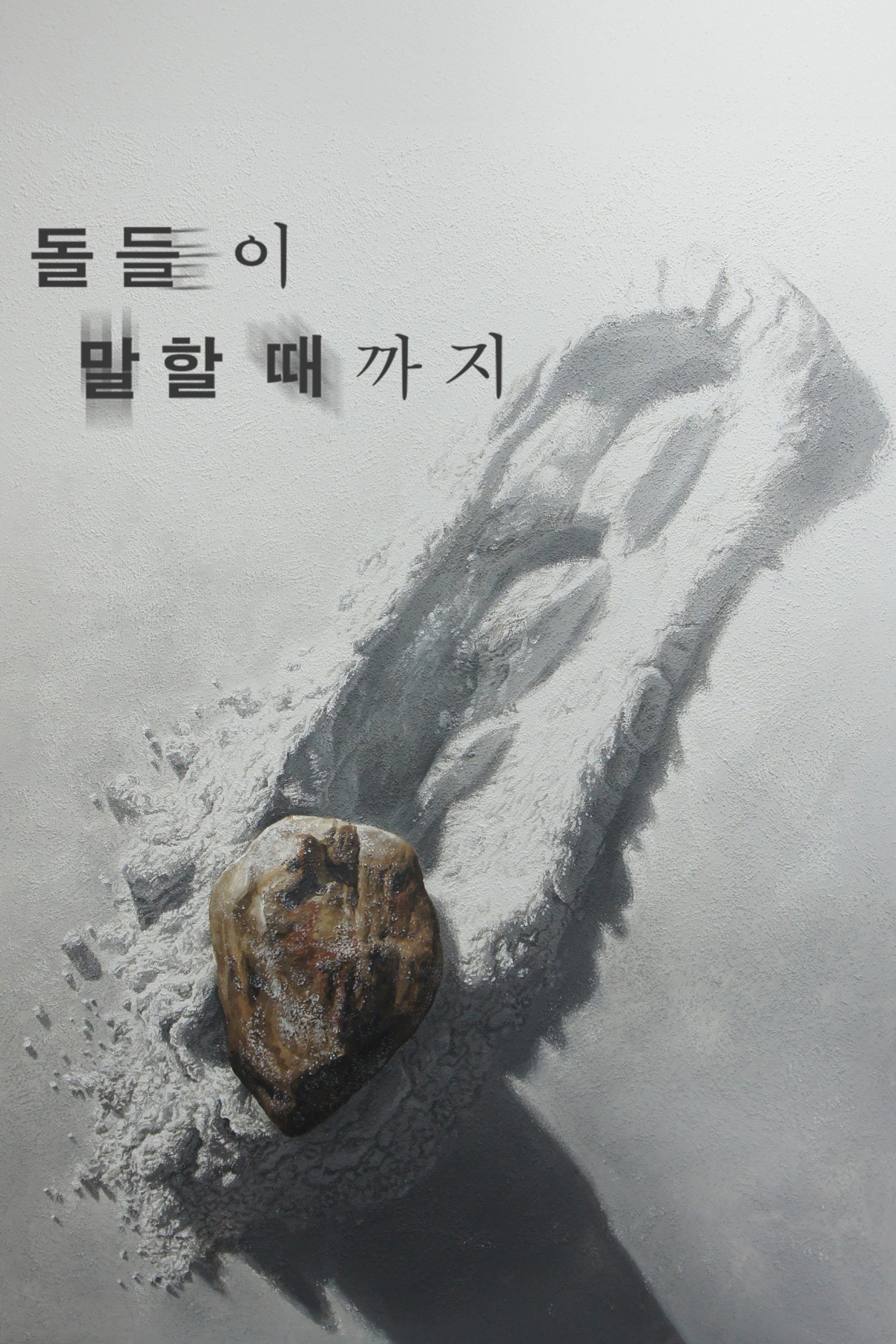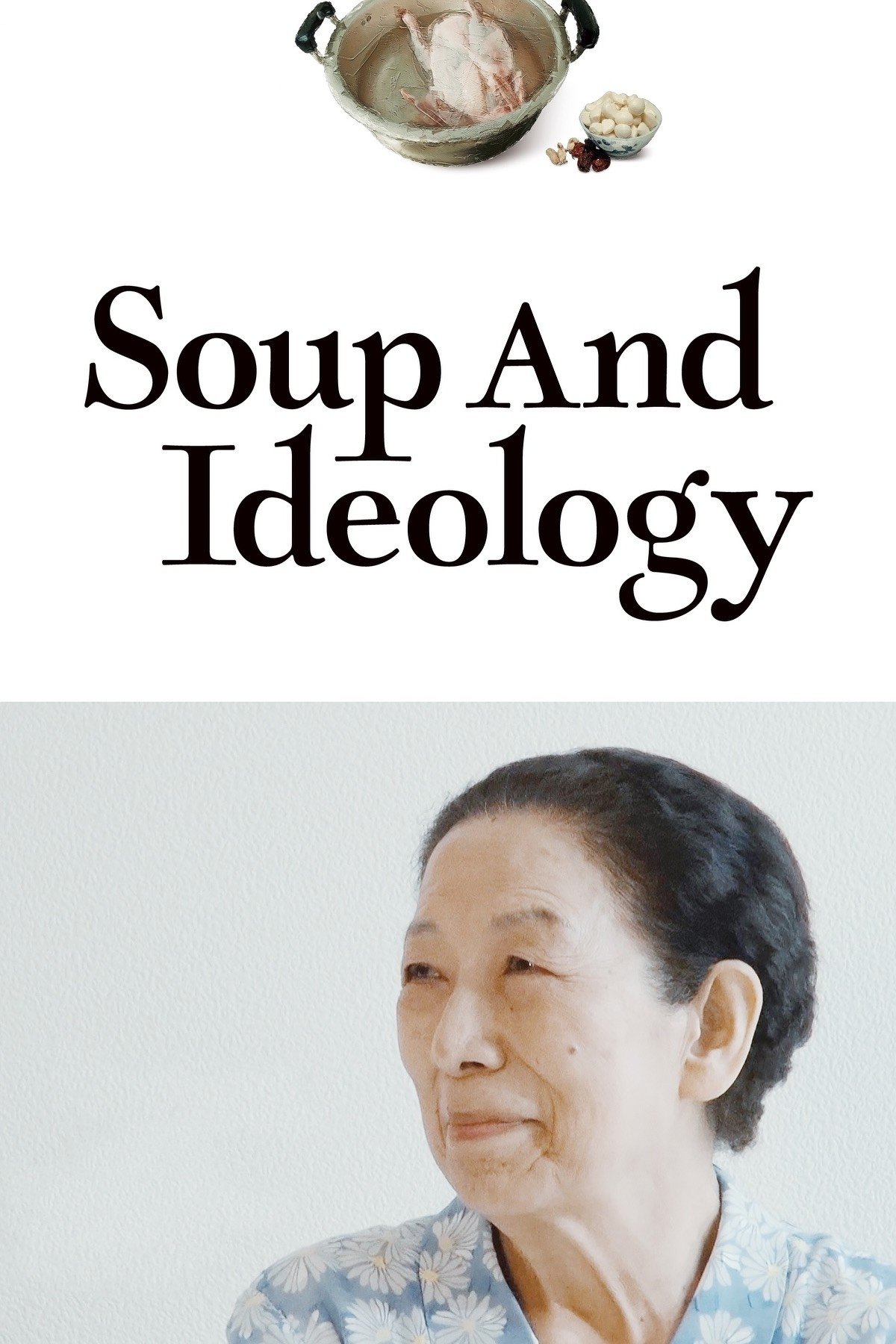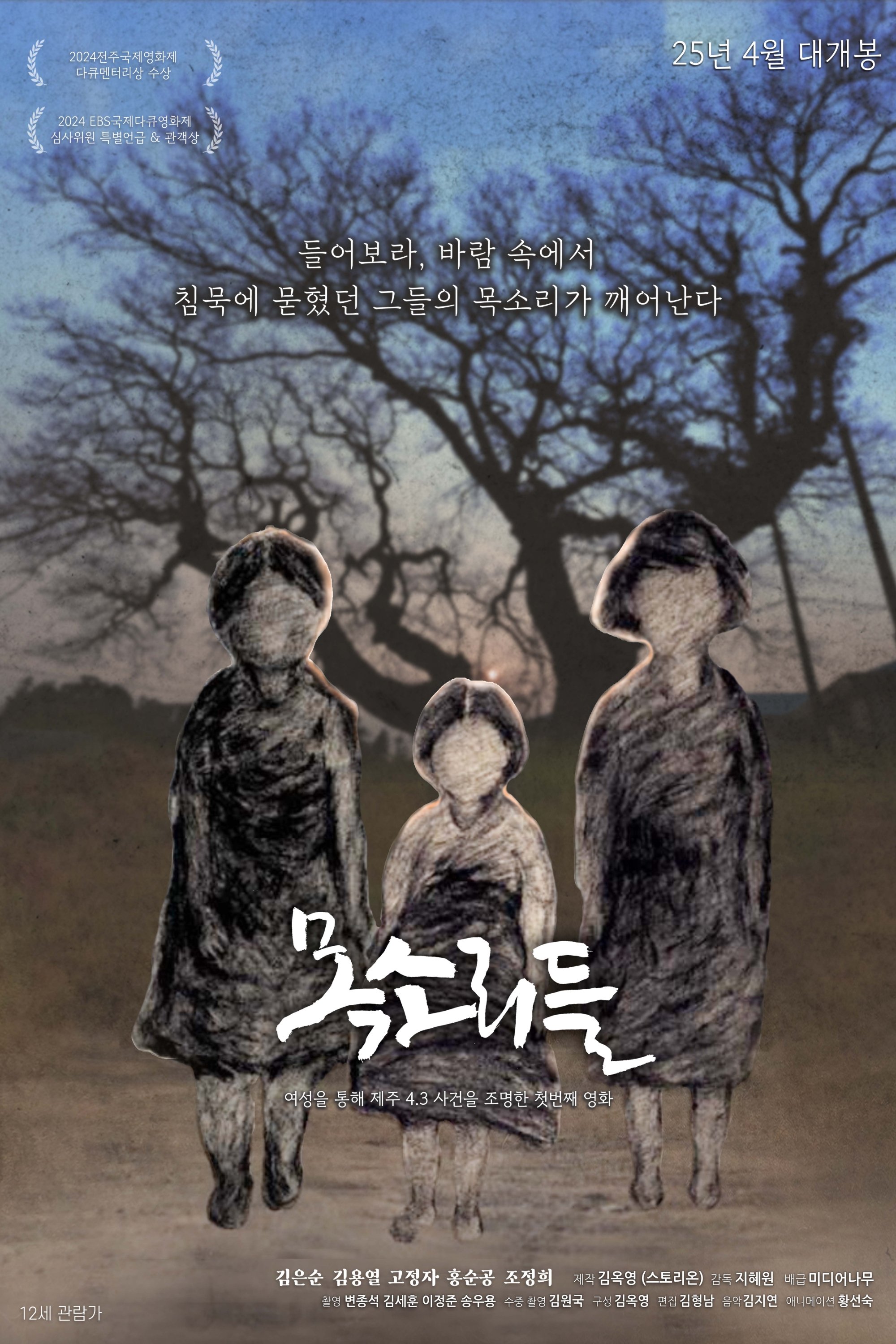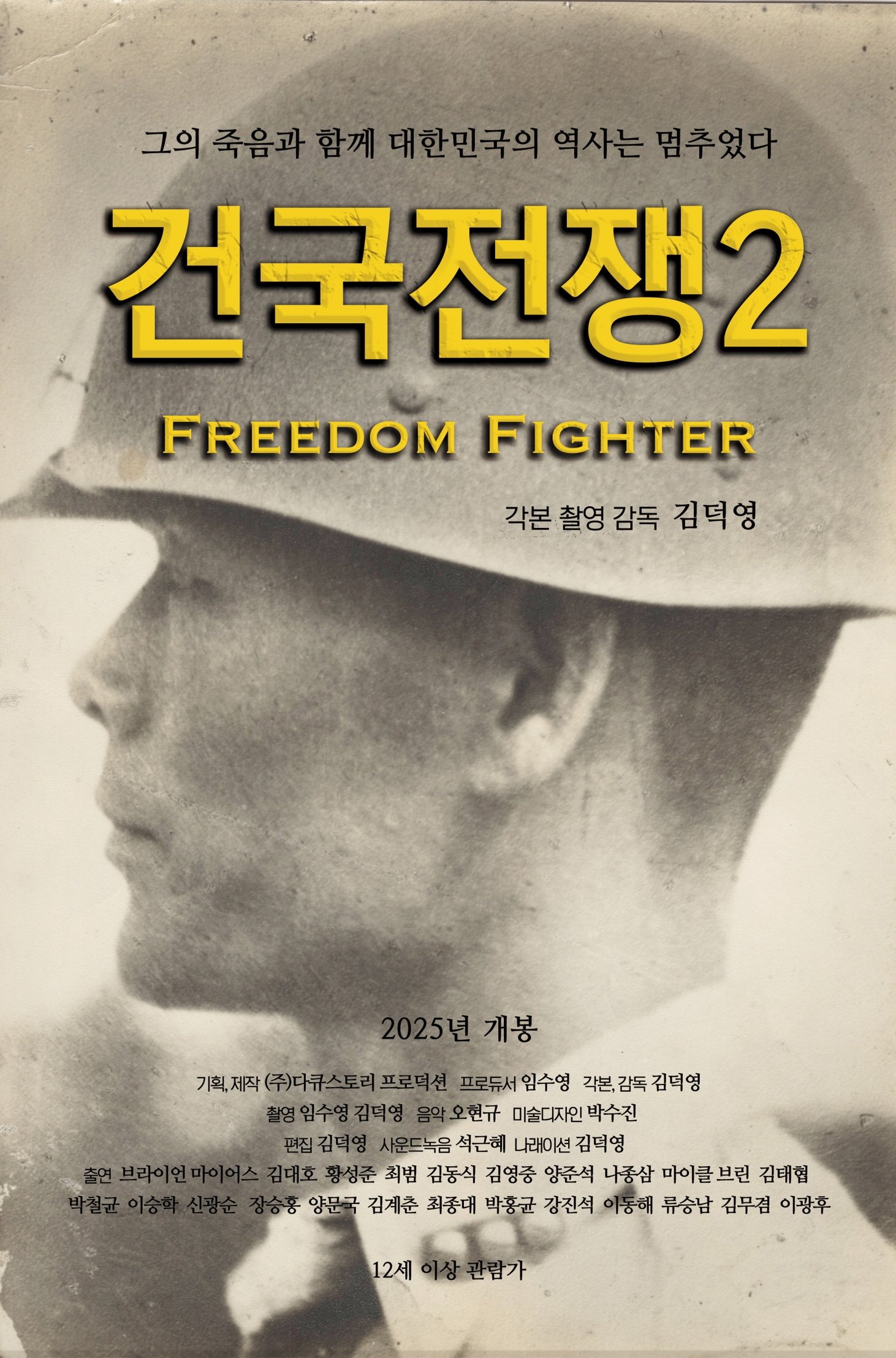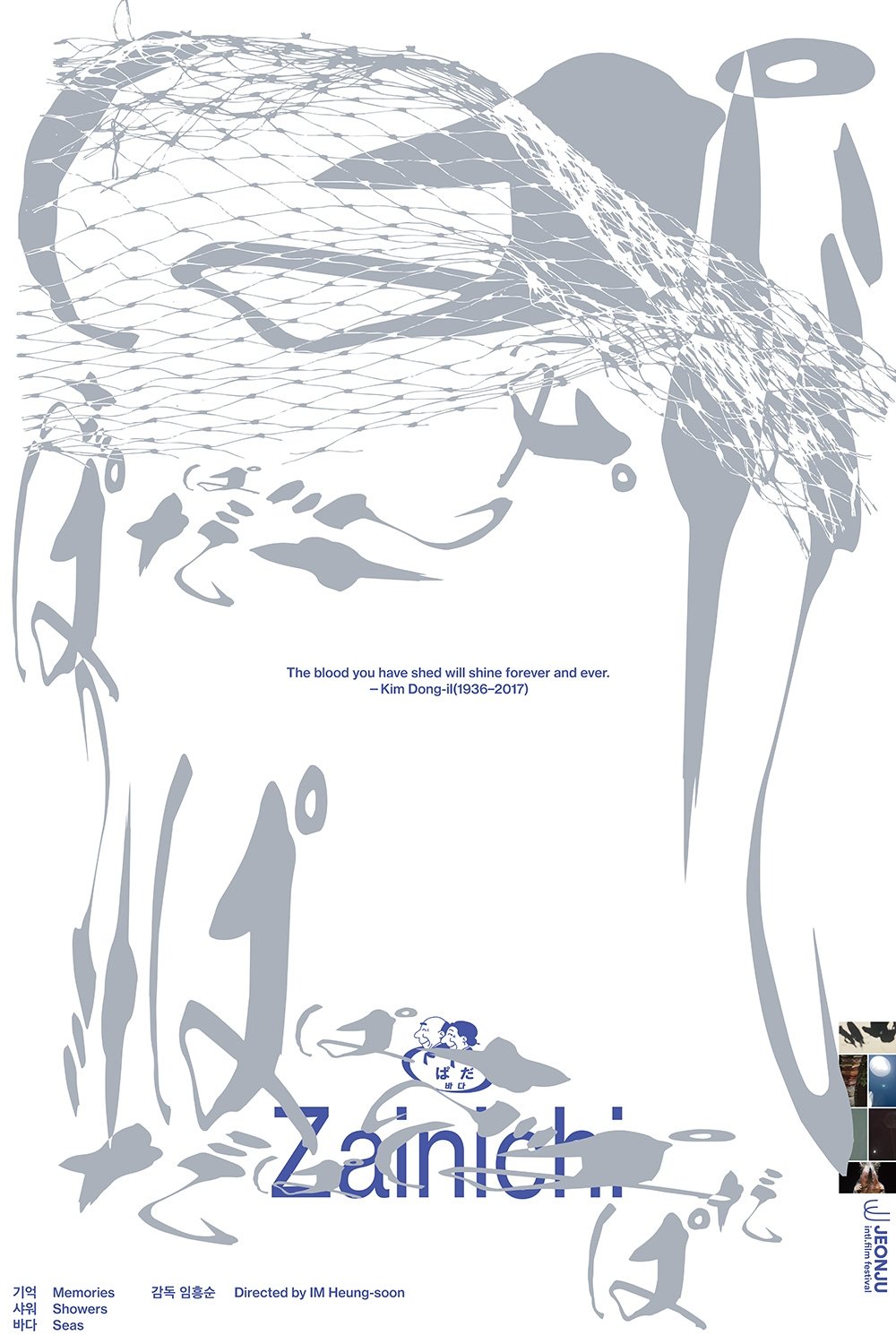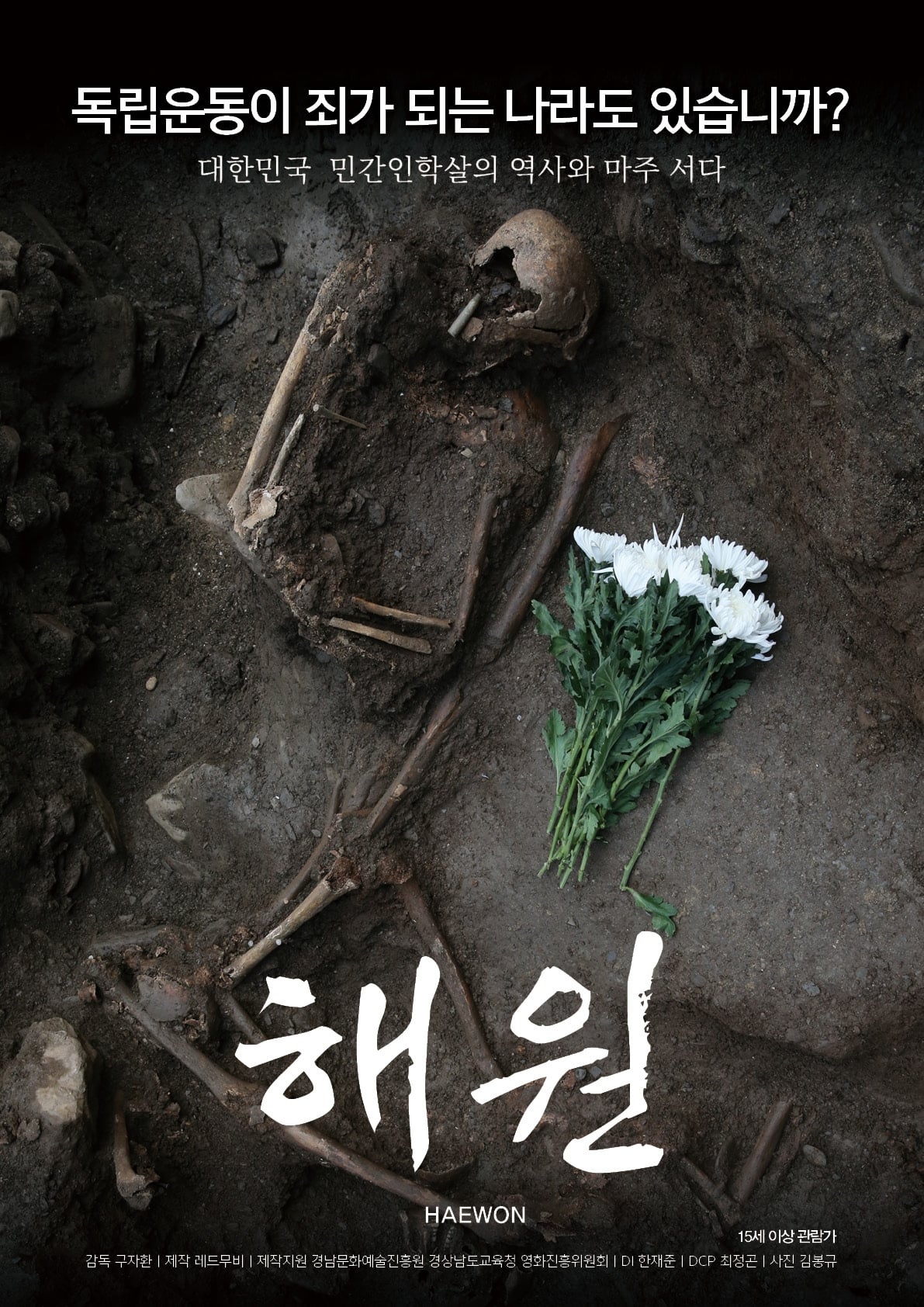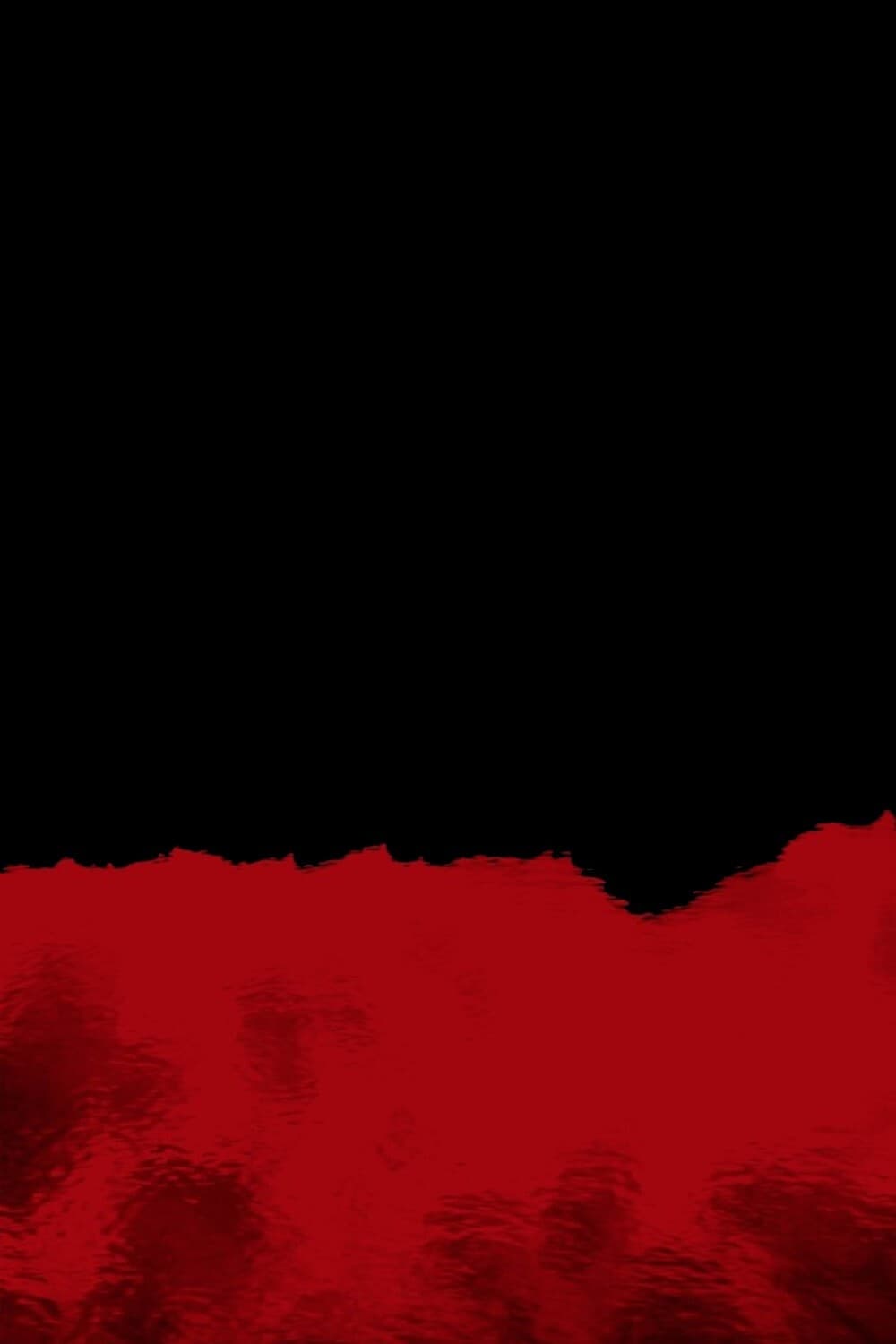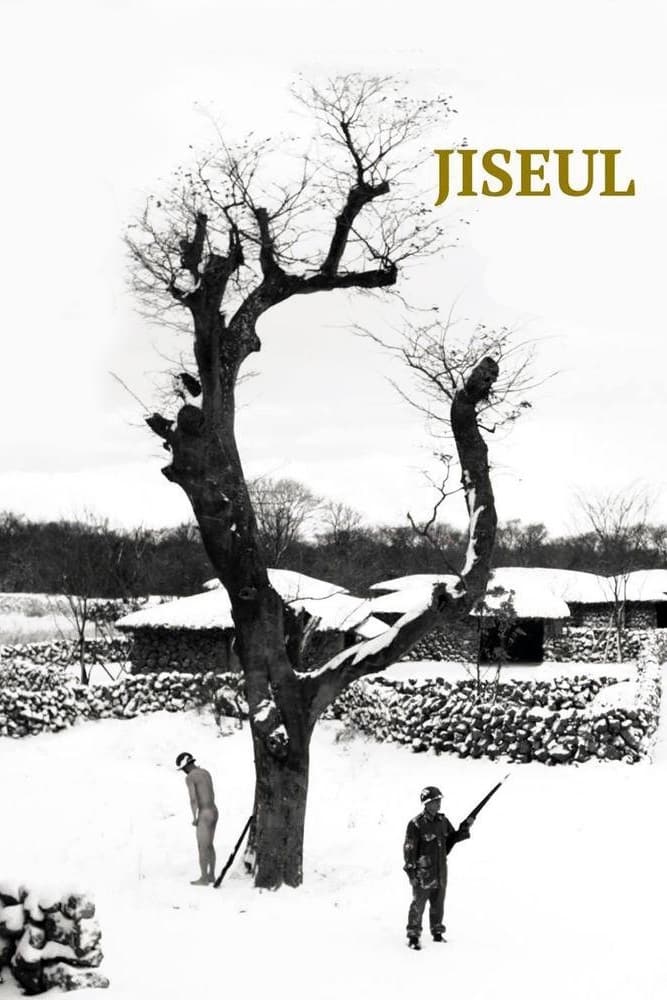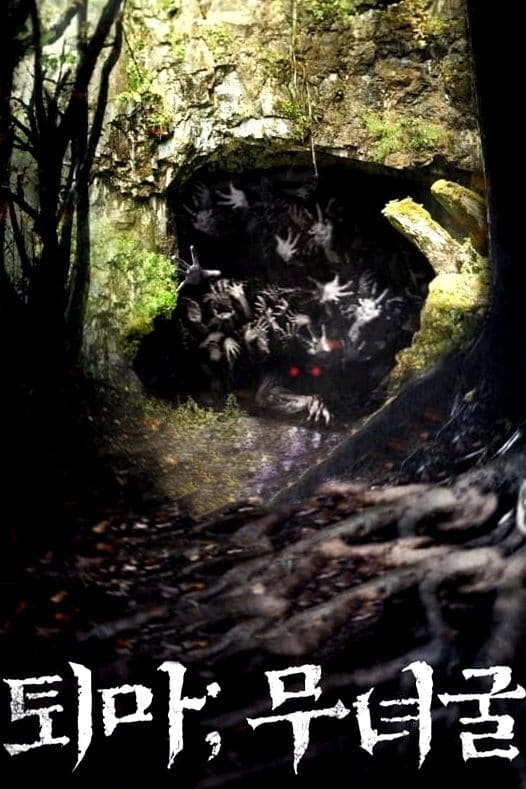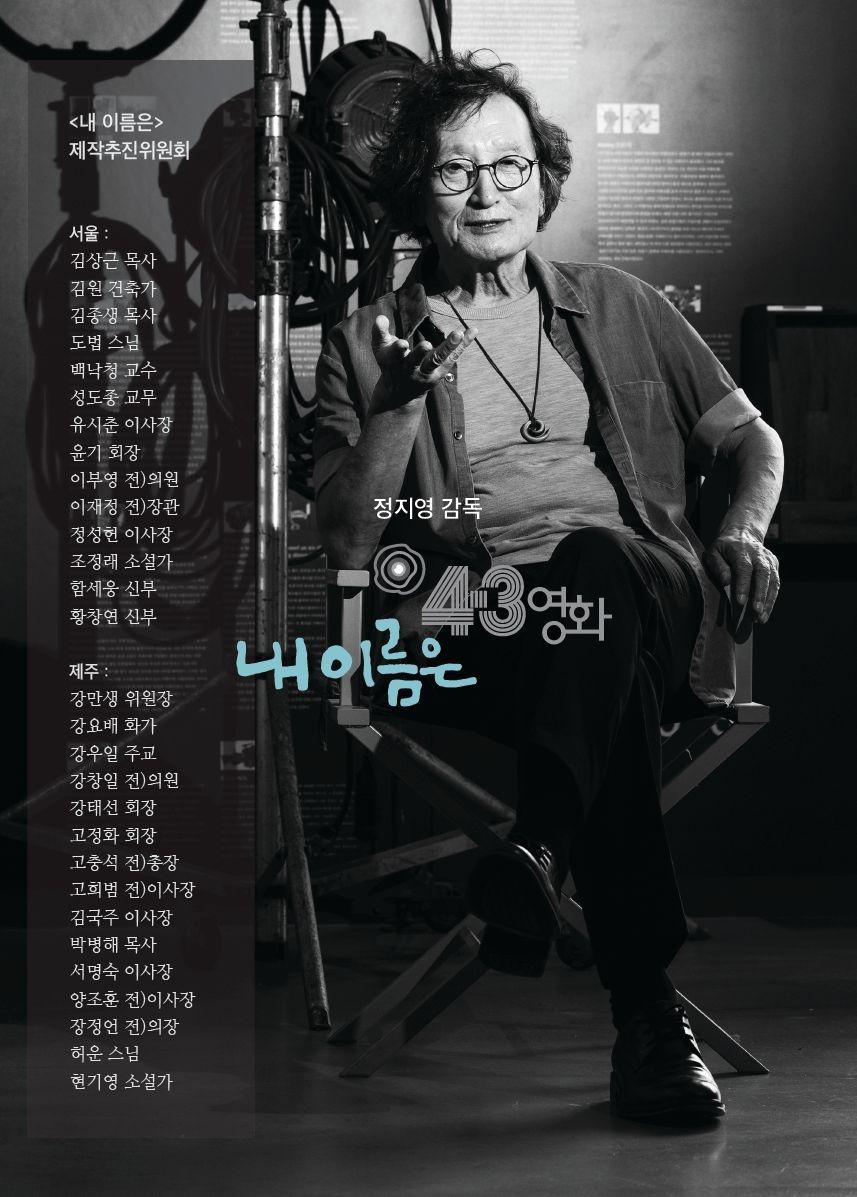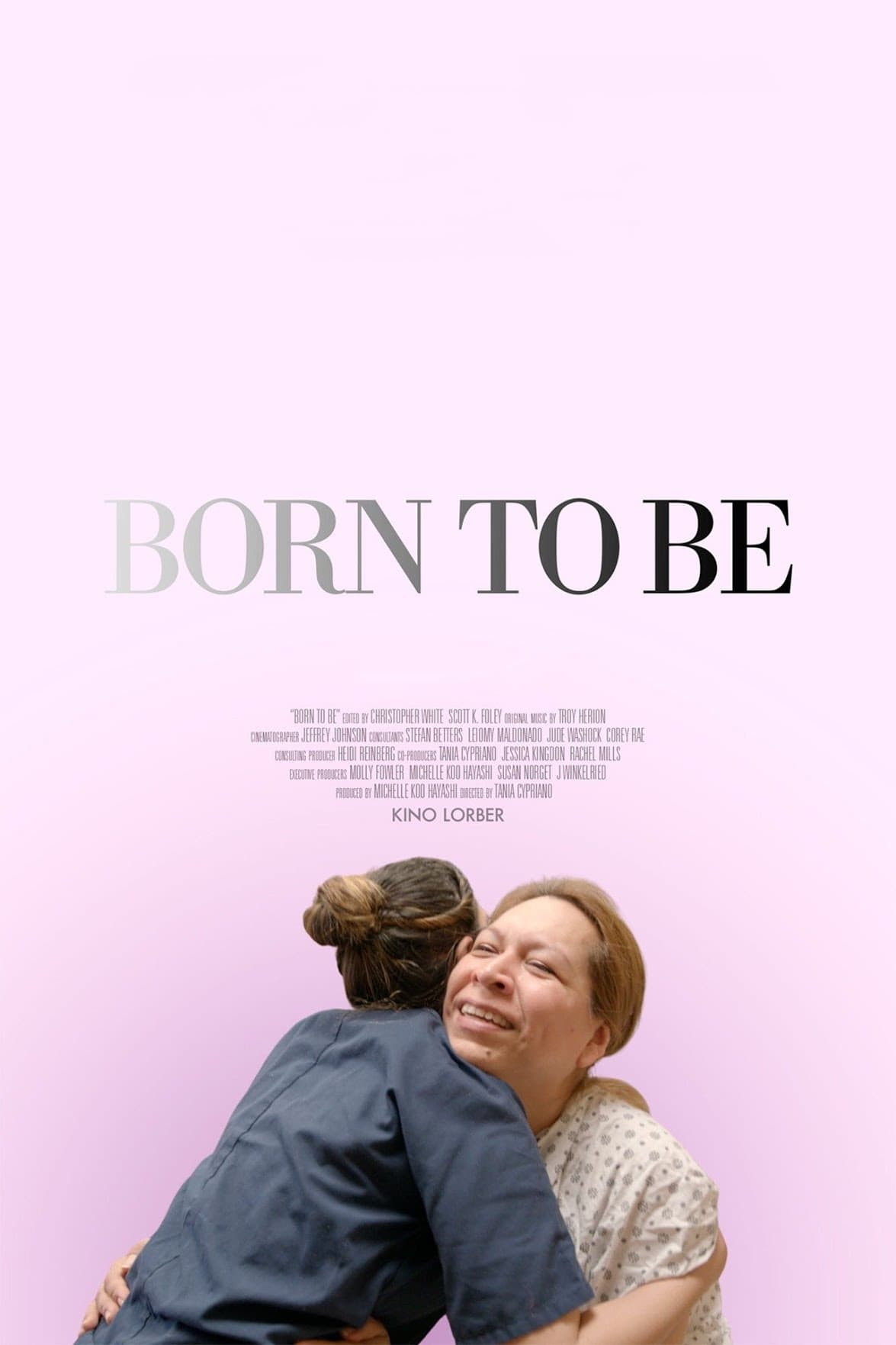Production Companies
Additional Info
| Budget | $0.00 |
|---|---|
| Revenue | $0.00 |
| Original Language | ko |
| Popularity | 2.0554 |
Directed By
Yoon Sol-ji
TOP CAST
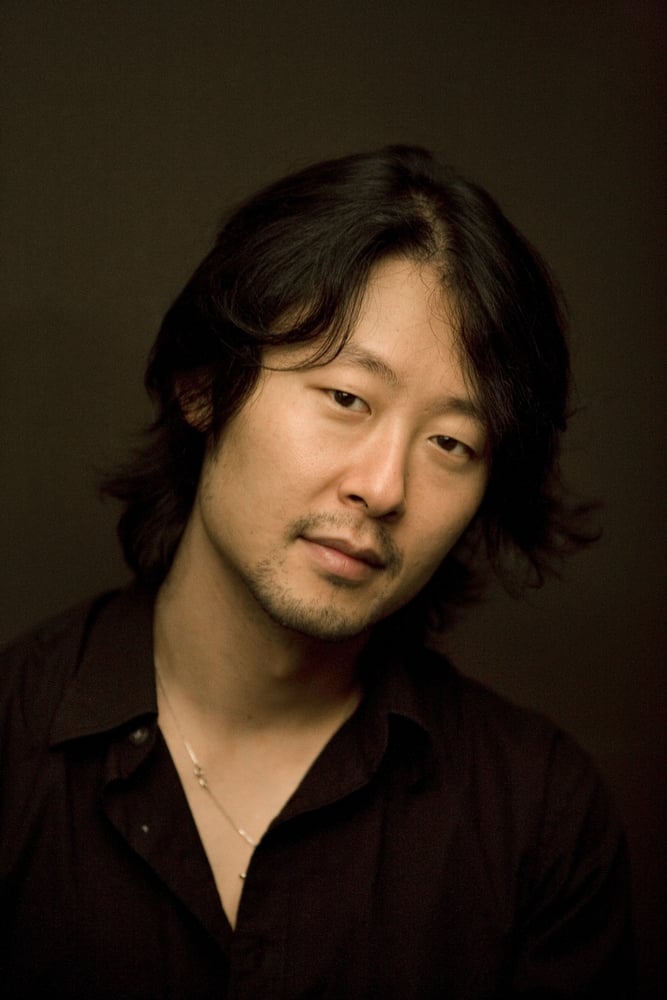
Bang Jun-seok
Self
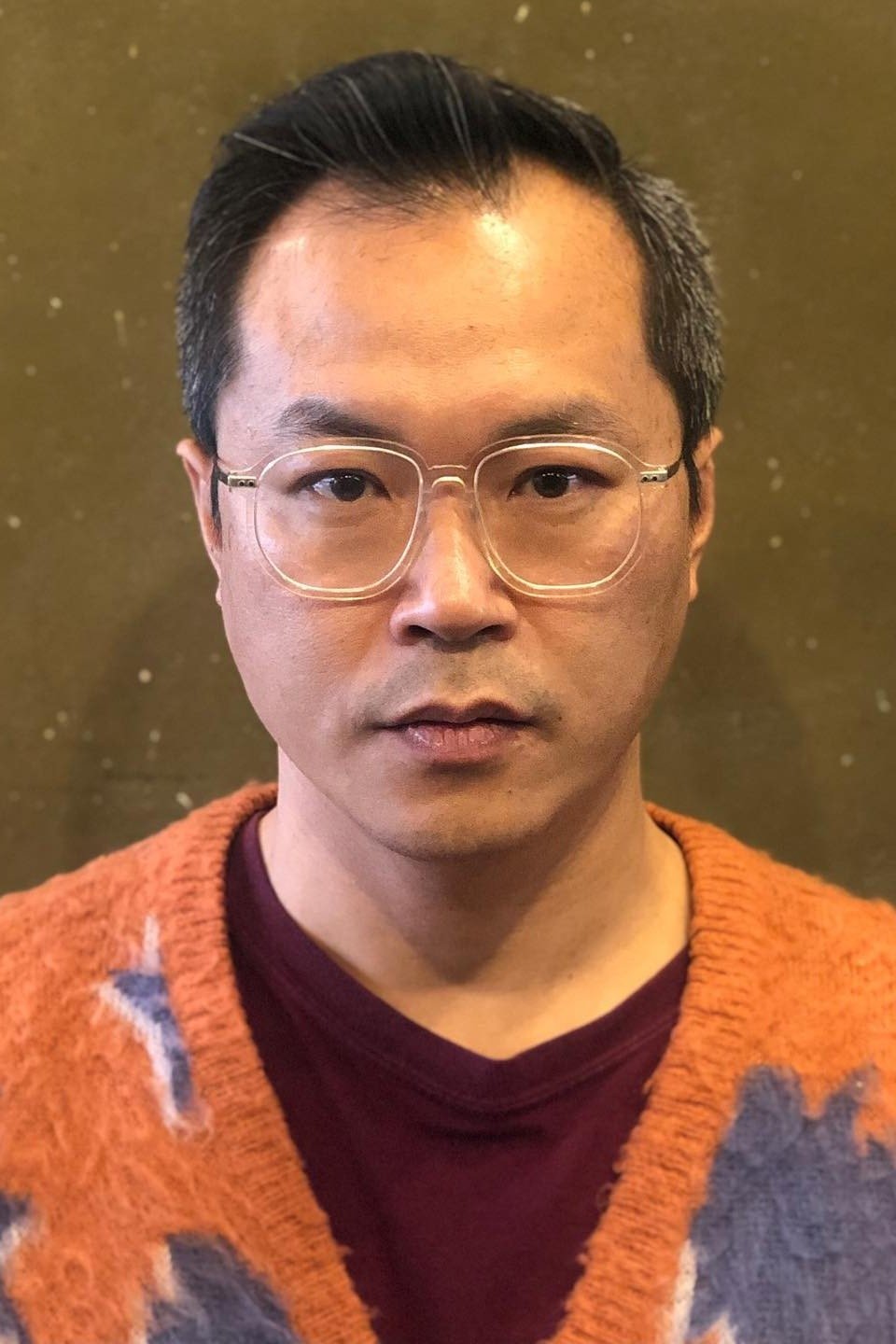
Bek Hyun-jin
Self
Similar Movies
Until the Stones Speak
There are five grandmothers, four of whom went to Jeonju Prison due to the Jeju 4.3. All of them were young people around the age of 20 at the time of the incident in 1948. The outline of the incident is formed when hearing the experiences of those who were sent to prison without trial particularly as women. The audience feels indescribable emotions by the fact that they have lived on despite what they had gone through, things that are just too much for a human being to bear.
Soup and Ideology
Confronting half of her mother’s life—her mother who had survived the Jeju April 3 Incident—the director tries to scoop out disappearing memories. A tale of family, which carries on from Dear Pyongyang, carving out the cruelty of history, and questioning the precarious existence of the nation-state.
Voices
In the turmoil of the Jeju 4.3 incident, Jeju Island witnessed the loss of an estimated 25,000 to 30,000 lives, with women constituting a significant yet often unrecognized proportion of the victims. This documentary illuminates the once-shrouded experiences of these women, led by a dedicated Jeju 4.3 researcher.
The Birth of Korea 2: Freedom Fighter
How did South Korea, after liberation in 1945 defend liberal democracy against leftist and communist forces? The door to that secret is now revealed.
April Tragedy
The oral writer of the April 3 Uprising and a Rwandan who came to Korea to study face each other, have a conversation, and then go on a trip hand in hand. The two people, from different generations, nationalities, and occupations, have something in common: they are the daughters of massacre survivors.
Memories Showers Seas
The late Kim Dong-il, a Jeju April 3 refugee in Japan, left behind over 2,000 crocheted items and pieces of clothing that preserved her memories, identity, and history. As the film traces the redistribution of her belongings, it illuminates the still-unhealed lives of various Zainichi Koreans who lived through the same era, sharing and connecting their intertwined memories.
A Red Color Pencil
Wan-soon, a 9-year-old girl living on the island, managed to survive a massacre that took place 75 years ago. The lingering effects of this unresolved ordeal are emphasized, and the girl embarks on a journey to depict the vivid red fragments that remain in her memory, using a red colored pencil as her means of expression.
Haewon
According to a survey by the U.S. military government in 1946, 78% of the South Korean people wanted socialism and only 14% capitalism. By appointing the pro-Japanese collaborators and the rightists, Rhee Syngman, who had not received the people's support, massacred those groups and civilians that were political stumbling blocks. In dealing with the Jeju 4.3 uprising in 1947 and the Yeosun incident in 1948 and The Korean War having broken out, massive civilian massacre became regularized.
The Red Filter is Withdrawn.
If you look into the entrance of one of the huge caves on the Korean island of Jeju, it looks like a camera lens. If you walk into the cave, it looks like a screen, a rectangle showing clouds and white light, just like a film. Director Kim Minjung delves into the bloody history of Jeju, where tens of thousands were killed in a massacre in 1948. The camera follows the traces in the landscape, sometimes transformed by a strident, distance-creating red light, accompanied by a commentary by avant-garde filmmaker Hollis Frampton. Film as a means to address history and its taboos.
Jeju Prayer
Focusing on Mrs. Kang Sang-hee’s life, she lost her husband in the Jeju Uprising (March 3rd, 1948). The film views the dark-side of Jeju Island, a huge grave, which is completely opposite of the other side of the island, the famous tourist attraction. It says that the tragedy has been going on about the recent Gang-jeong village situation.
May•JEJU•Day
Immediately after liberation, an incident called 'Jeju Uprising' took place on Jeju Island, the Hawaii of Korea, under the control of the US military government. As a result, about one-tenth of the total population of the island at that time was sacrificed. The children who survived the massacre record the memories of that day in an animated film 70 years later.
Hallan
Set against the backdrop of the Jeju Uprising in 1948, which was sparked by an armed revolt of islanders fearing the division of Korea into North and South, the film portrays the tragic consequences of an indiscriminate punitive expedition by the South Korean government. Under the guise of an anti-communist campaign, more than 25,000 civilians were slaughtered. Through the story of a mother fiercely protecting her young daughter, the film highlights the resilience and strength of Jeju women amidst the chaos.
The Chosen: Forbidden Cave
Jin-Myung is a psychiatrist and exorcist. With his assistant, Ji-Kwang, they attempt an exorcism on Geum-Joo. She suffers from a bizarre phenomenon. They then face a powerful existence within Geum-Joo. Extreme horror arises out of her.
Wind of Island
The story of a young mother shows her trapped in the massiveness of circumstance. Forced to desert her only child and live with the anxiety, she can only weep. On the island, life is getting much harder, and there is only wind, stone and women.
Time That Has Never Ended
On October 15, 2003, in a quiet autumn day at a high-rise apartment. Hwang Ga leisurely waters the plants on the balcony. At the same time, Hyung-min, a man in his sixties, lives in an old house on the outskirts of the city. As the local news on TV announces the confirmation of the "Jeju 4·3 Incident Truth Report," the two elderly men reminisce about their similar yet distinctly different pasts. The first independent film from Jeju Island.
Born to Be
Soon after New York state passed a 2015 law that health insurance should cover transgender-related care and services, director Tania Cypriano and producer Michelle Hayashi began bringing their cameras behind the scenes at New York’s Mount Sinai Hospital, where this remarkable documentary captures the emotional and physical journey of surgical transitioning. Lending equal narrative weight to the experiences of the center’s groundbreaking surgeon Dr. Jess Ting and those of his diverse group of patients, BORN TO BE perfectly balances compassionate personal storytelling and fly-on-the-wall vérité. It’s a film of astonishing access—most importantly into the lives, joys, and fears of the people at its center.
The Booksellers
What once seemed like an esoteric world now seems essential to our culture: the community of rare book dealers and collectors who, in their love of the delicacy and tactility of books, are helping to keep the printed word alive. D.W. Young’s elegant and entertaining documentary, executive produced by Parker Posey, is a lively tour of New York’s book world, past and present, from the Park Avenue Armory’s annual Antiquarian Book Fair, where original editions can fetch hundreds of thousands of dollars; to the Strand and Argosy book stores, still standing against all odds; to the beautifully crammed apartments of collectors and buyers. The film features a litany of special guests, including Fran Lebowitz, Susan Orlean, Gay Talese, and a community of dedicated book dealers who strongly believe in the wonder of the object and the everlasting importance of what’s inside.
